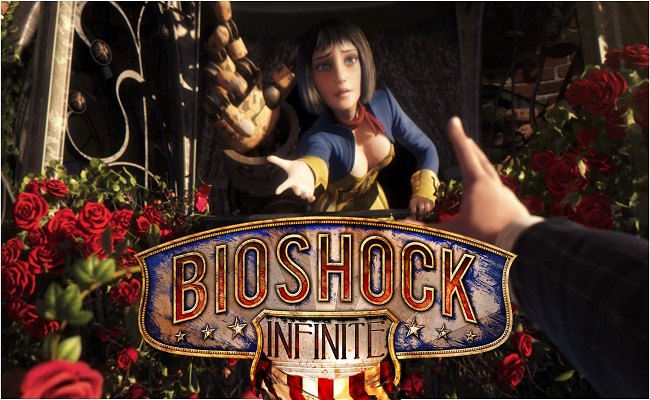Story matters. There, I have said and now it is out there, on the internet for as long as the internet will exist. Gaming has a rather auspicious history when it comes to story in games, as at its very core, games have always existed without much in the way of storylines. When you think back to some of the classic games out there that we all still revere, they were light on story and heavy on repetition and reward, which kept you playing and coming back for more. There really wasn’t much of a driving factor to keep you jumping over barrels in Donkey Kong other than a princess that you for some reason felt the need to rescue, but you did it. The same can be said for the first Super Mario Brothers game where all you needed to keep going was to be told that the princess was in another castle.
We’ve come a long way since then and “the princess is in another castle” is not long enough to justify a modern game’s greatness. The gaming world has evolved since then and gaming has become a heavy hitter in the world of entertainment, so things have come along accordingly. Games are getting bigger budgets, celebrities are getting attached to game projects and game releases are becoming a big, star-studded event. For a long time I’ve been talking about how the quality of the writing in games needs to evolve to help bring everything up to par, but every once in a while there is a shining beacon of hope that gamers and the industry really do care about story, characterization and overall strong writing just as much as the bells and whistles.
One series in particular has done a great job of pushing the narrative style of games to the next level and that is BioShock. The first BioShock game came almost out of nowhere, the first game to use first person shooter mechanics while delivering a strong story since Half-Life had emerged on the scene. BioShock was fearless in its style and drive to deliver more of an experience than other games that were on the market. In a way, it kind of spoiled us all because it really did so much right and showed what games could be like and set the bar very high for other games.
The second game continued in the tradition, although maybe could be considered a bit disappointing to some that it didn’t break as much new ground as the original did. BioShock: Infinite now has the opportunity to do a whole lot more as it is set decades before the original BioShock game and it is not clear how it will link up with the others, if at all. If the only real unifying factor is the name and the style of storytelling, we are still in for a pleasant surprise.
What is very clear, though, is that the popularity of this series has a lot to do with the storytelling and that people being genuinely excited to play a game in a series because of how good the storytelling as been is something that we need more of in gaming. We all eagerly await March 26th when BioShock: Infinite comes out to see if this game continues along the path that Levine and the team at Irrational Games have blazed in the series.



bioshock 1 story and plotwists were directly ripped off from system shock 2, so i dont expect much from infinite.
Sure, but it was also a Ken Levine project. I guess you could say that he just wanted to improve on what he was doing before.
honestly he makes it worse each time around.